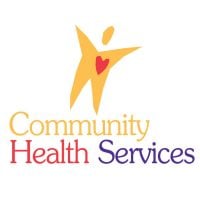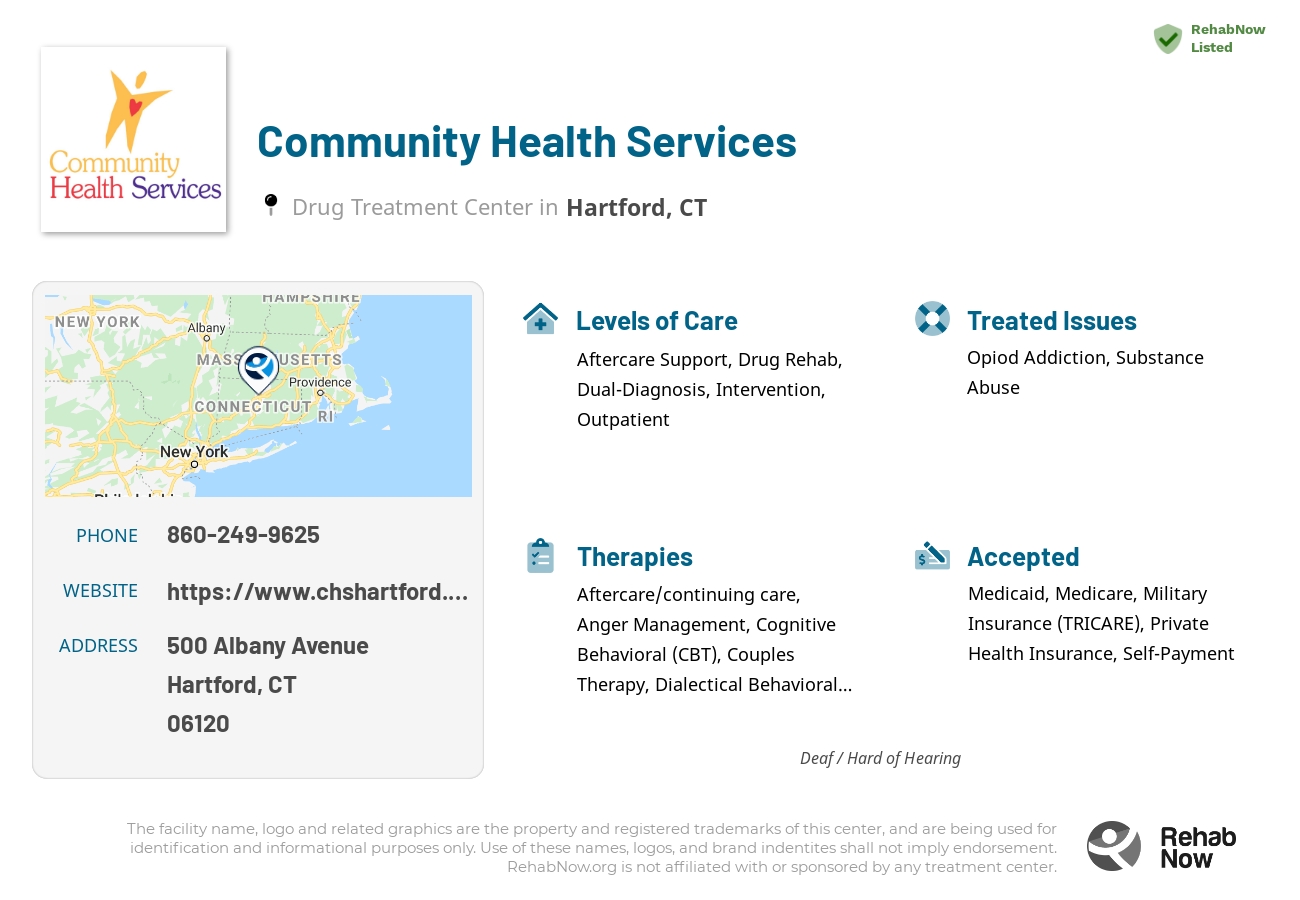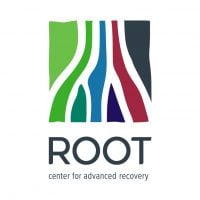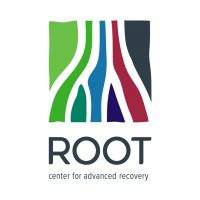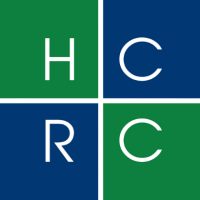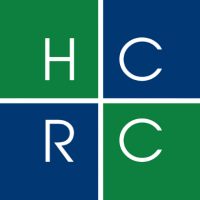Community Health Services
Drug Rehab Center in Hartford, Connecticut
Community Health Services is an addiction treatment facility in Hartford, CT that offers various levels of care and accepts private health insurance for helping individuals struggling with opioid addiction, substance abuse, and drug addiction.
About This Hartford, CT Facility
Community Health Services is an Addiction Treatment Facility located in Hartford, CT. Established in 1960, it has been providing comprehensive care to individuals suffering from various substance abuse disorders for over six decades. The facility specializes in treating opioid addiction, substance abuse, drug addiction, mental health issues, alcoholism, and dual diagnosis cases. Community Health Services is accredited by the Joint Commission on Accreditation of Healthcare Organizations (JCAHO), ensuring high-quality care and adherence to strict standards. They accept private health insurance, making their services accessible to a wide range of individuals seeking help for their addiction.
Community Health Services offers a range of services to address addiction and substance abuse. They provide aftercare support, ensuring individuals receive ongoing support and guidance even after completing their treatment. The facility offers drug rehab programs, allowing individuals to receive comprehensive treatment in a structured and supportive environment. They specialize in dual-diagnosis cases, where individuals struggle with both addiction and mental health disorders. Community Health Services also offers intervention services to help families and loved ones encourage their loved ones to seek treatment. Additionally, they provide outpatient services and detox programs, providing flexible options for individuals seeking help for their addiction.
Genders
Ages
Modality
Additional
Accreditations

JCAHO
Conditions and Issues Treated
Using both legal medications and illegal substances in order to maintain an addiction is substance abuse. Illegal substances can become addictive after a single use. If you are obtaining legal medications illegally, you may be suffering from substance abuse.
Fortunately facilities like Community Health Services in Hartford, CT are here to help.
Opioid addiction treatment facilities in Connecticut, like Community Health Services cover both illegal and prescription opioids abuse. Most plans include detoxification and subsequent medications to ease the process. Behavioral therapies and counseling are also necessary to resolve the root cause of addiction.
When someone in Connecticut struggles with both addiction and mental or emotional illness, this is considered a dual diagnosis. Dual diagnosis treatment can include emotional trauma, bipolar disorder, schizophrenia, depression. Getting treatment for these issues must occur at the same time to treat either of them effectively.
Levels of Care Offered
This center offers a variety of custom treatment tailored to individual recovery. Currently available are Aftercare Support, Drug Rehab, Dual-Diagnosis, Intervention, Outpatient, with additional therapies available as listed below.
Intervention services are designed to help loved ones of an individual suffering from alcohol or drug addiction. They aim to help the individual realize that their behavior is causing damage, and external help is crucial to handle their problem efficiently.
Treatment for substance abuse does not cease after an individual successfully completes a detox or rehabilitation program. A vital follow-up treatment service is aftercare support provided to individuals at Community Health Services in Connecticut after they attain initial sobriety.
Aftercare support often takes the following forms: 12-Step Programs, Outpatient Treatment Programs, and Support Groups. The most effective aftercare programs are tailored to meet an individual’s specific needs and circumstances.
Community Health Services‘s Therapies & Programs
Spousal relationships bear the brunt of alcohol and drug dependence. It becomes critical to submit the relationship to couples therapy to prevent straining it further. Some facilities like Community Health Services in Hartford, CT offer couples therapy options to manage intimate partnerships amid the recovery process. Other couples-focused treatment plans can provide the patient and their partner tools to get things back to normal.
When family members are more proactive and involved in the treatment procedure, it encourages the patient to advance his or her progress. Moreover, it shouldn’t be ignored that genetics play a role when it comes to addiction, so it’s better to approach the problem as a unit. Also, with proper education, family members can help an individual avoid addiction triggers and guide him or her in making lifestyle changes necessary for his or her sobriety.
It has been said that unhealed trauma is the root of most addictions. Trauma therapy is a way of addressing trauma while in a safe situation in order to heal. Healing past traumas and introducing coping strategies are strong foundations for sustained recovery from addiction. This may involve individual or group counseling or both, in a Hartford, CT facility. Other forms of therapy have been proven to assist in healing past traumas.
Dialectical Behavior Therapy (DBT) helps those who attend Community Health Services understand how their feelings, beliefs, and thoughts affect their behaviors. DBT is particularly useful for people with self-harming behaviors, as well as those with substance abuse disorders. DBT teaches people how to tolerate distress, regulate their emotions, and how to become mindful.
Cognitive Behavioral Therapy (CBT) is a type of psychotherapy that focuses on the underlying thoughts and behaviors that caused the problem of addiction in the first place and may cause a relapse. Negative feelings are common in substance abuse disorders, and if not recognized, they can cause co-occurring disorders.
CBT involves strategies that help to change the thinking and behavioral pattern by cognitive restructuring. In simple terms, it helps to remove negative thoughts and provides long-term benefits. Also, CBT promotes self-awareness, self-control, and healthy ways to respond to negative thoughts. It can be administered as a mono-therapy as well as a part of combination therapy.
Payment Options Accepted
For specific insurance or payment methods please contact us.
Is your insurance accepted?
Ask an expert, call (888) 674-0062
Associated Centers
Discover treatment facilities under the same provider.
- Alano Society in Valley City, ND
- Discovery Point Retreat - Waxahachie in Waxahachie, TX
- ARC - Arizona Rehab Campus in Tucson, AZ
- The Lighthouse Community - San Diego in San Diego, CA
- Defining Wellness Centers in Brandon, MS
Learn More About Centers
Additional Details
Specifics, location, and helpful extra information.
Hartford, Connecticut 6120 Phone Number(860) 249-9625 Meta DetailsUpdated November 25, 2023
Staff Verified
What else do people call Community Health Services?
People have occasionally also searched for “Community Health Services Department of Behavioral Health in Connecticut”
Patient Reviews
There are no reviews yet. Be the first one to write one.
Hartford, Connecticut Addiction Information
Connecticut has a higher rate of substance abuse and addiction than the national average. The state ranks in the top 10 in the country for illicit drug dependence among those ages 18 to 25. In 2010, there were 9,211 people admitted to an alcohol treatment facility for alcohol abuse combined with a secondary drug. Connecticut ranked fifth in the United States of America for the number of fatalities involving drunk driving in 2014.
Heroin and cocaine are the most commonly abused drugs in Hartford, CT. About 46% of people who have been arrested admit to using illegal drugs. Connecticut was ranked seventh out of the ten worst drug-plagued states in a comparative study. 723 people died of opiate and other illicit drug overdoses in the state. There are various drug treatment options available in Hartford, CT for someone looking to get sober.
Treatment in Nearby Cities
- Litchfield, CT (26.1 mi.)
- Windsor, CT (5.6 mi.)
- Bridgeport, CT (49.0 mi.)
- Milford, CT (42.7 mi.)
- Chester, CT (28.0 mi.)
Centers near Community Health Services
The facility name, logo and brand are the property and registered trademarks of Community Health Services, and are being used for identification and informational purposes only. Use of these names, logos and brands shall not imply endorsement. RehabNow.org is not affiliated with or sponsored by Community Health Services.
